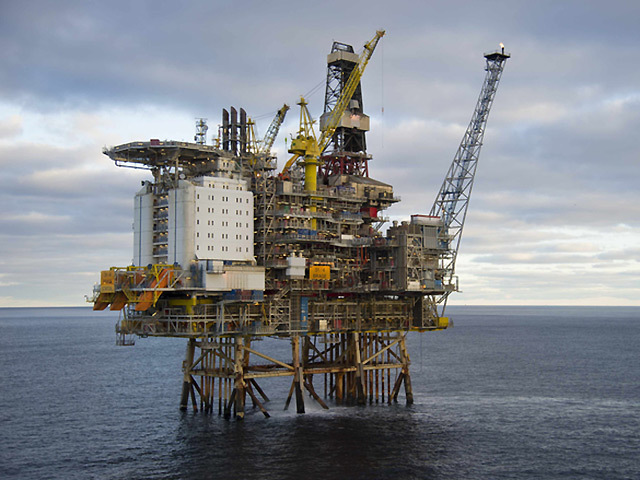
Faroe Petroleum said it is “very concerned” by actions from Norway’s DNO to “take control of its business”.
DNO has requested seats on the Aberdeen-headquartered firm’s board for its executive chairman Bijan Mossavar-Rahmani and managing director Bjorn Dale.
In a statement, Faroe said it believes the move is “wholly self-serving and part of an undisclosed strategy on DNO and Mr. Mossavar-Rahmani’s part to try and gain control of Faroe’s business without making an offer to all shareholders at an appropriate premium”.
In April, DNO acquired a 28.7% stake in Faroe, which is a UK and Norway-focussed explorer.
The Oslo firm purchased the shares at £1.25 each which Faroe said “undervalued” the company and its prospects.
The Norwegian company published a “no intention to bid” statement” which means it needs to wait at least six months before crossing the 30% ownership threshold under the UK’s takeover code.
Faroe said as a competitor it would be “inappropriate” for DNO directors to be appointed to the board.
It also said it believes the appointment “would not serve the interests” of the shareholders or the company as a whole.
The statement said: “The Board is very concerned that DNO has taken this action and intends unanimously to recommend that shareholders vote against DNO’s Proposed Resolutions.
“A significant number of Faroe’s major institutional shareholders have provided clear guidance that they do not wish DNO to be represented on the Board.
“Faroe is currently confirming whether the purported requisition has been validly served. Once that process has been completed, formal notice of a General Meeting to consider the Proposed Resolutions will be despatched to shareholders.
“In the meantime shareholders are urged to take no action.”
Despite DNO’s no intention to bid statement, John Scrimgeour, the former executive director of the Energy Institute at Aberdeen University, said “it’s difficult to understand why else they would be building up such a share in the company.”
DNO firm returned to North Sea operations last year, following a six-year hiatus to focus on its Middle East operations.
